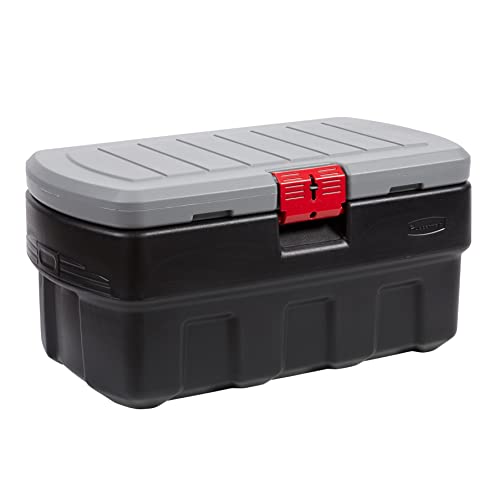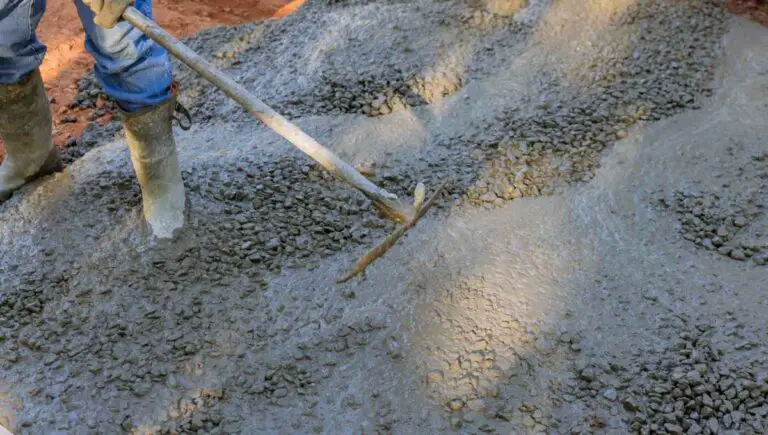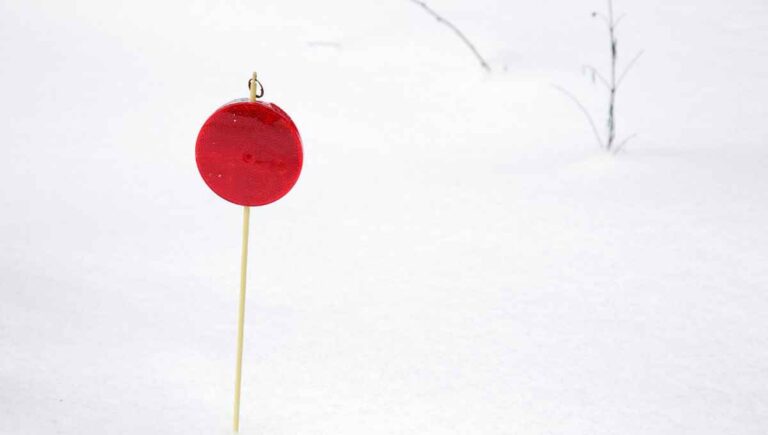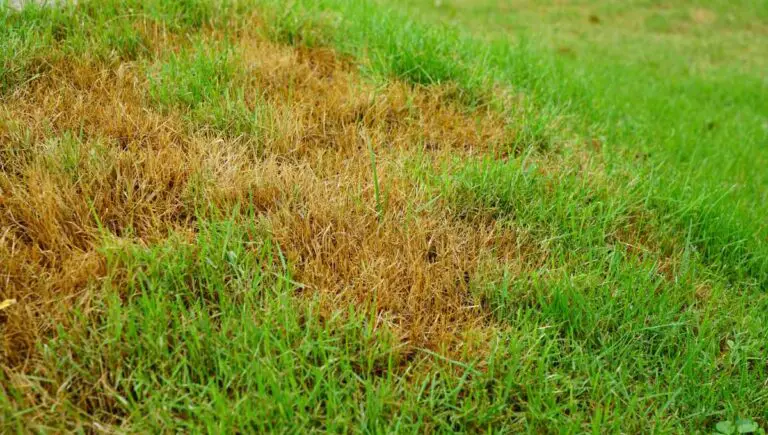Does Driveway Sealer Go Bad? (How to Make It Last Longer)
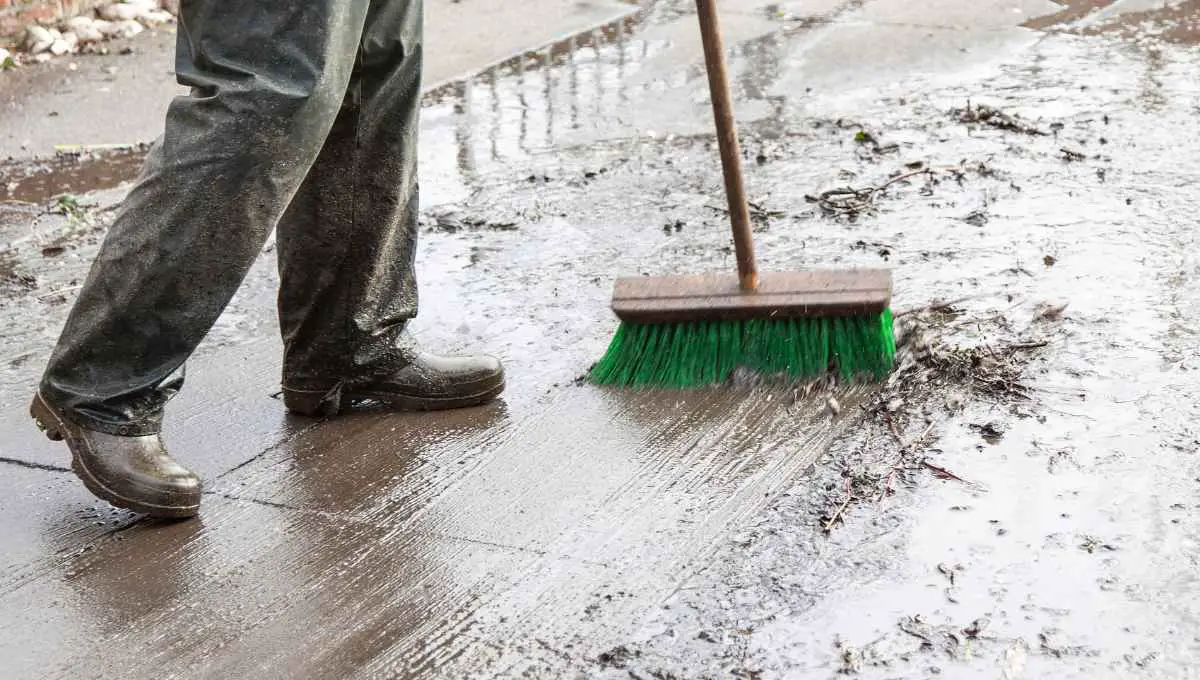
Your driveway needs to be resealed every few years for an optimal lifespan. After sealing the driveway, you may be tempted to save the leftover sealant. However, even chemicals don’t last forever, which may make you wonder, does driveway sealer go bad?
Even driveway sealant has a recommended shelf life, and yes, it can go bad. While you can store open sealant for a certain length of time and use it to seal any pesky cracks that form, if you notice it foaming or smelling bad, it’s time to throw it away!
Unopened sealant has a different shelf life, however. So, we’re going to talk about how to tell if you can still use open and unopened sealant, how to store it or dispose of it, and more. So, let’s talk about it!
This post contains affiliate links from Amazon and other stores. This means Yard Blogger may earn a commission if you make a purchase using any of our links. Please refer to our full affiliate disclosure policy for full details.
Here’s a Quick Pro Tip!
No matter what type of sealant you need, we’ve got you covered with some of our favorite sealant types, sure to extend the life of your driveway with proper use:
1. Concrete Sealant – Suitable for concrete and pavers, and naturally water repellant!
2. Asphalt Sealant – Environmentally friendly and provides great coverage.
3. Crack Filler – Available in multiple colors for all your filler needs!
Signs It’s Time to Throw Away the Sealant
Most driveway sealers have an expiration date between 18 months and four years from the manufacturer’s date. Additionally, open containers of sealant are typically good for about a year.
If you’re unsure whether or not the sealant is still good, it’s best to just throw it away. An old sealant will not work properly to protect your driveway and may even cause damage. Also, if your sealant has frozen or gotten water in it, it is no longer usable and needs to be properly disposed of.
It’s Foaming
Sealants should always be a stable liquid. It shouldn’t have any foaming, expanding, or look moldy or watery. If you try to use this to seal your driveway, you’ll end up with bubbles and discoloration.
In addition, it won’t actually seal the driveway, leaving it vulnerable to cracks and water damage. If in doubt, throw it out!
It Smells Bad
Driveway sealers don’t typically smell good to begin with. This is because they often contain tar and chemicals, which is one reason you should always wear a protective mask while seal-coating a driveway.
However, suppose you notice a rotten egg-type smell instead of the usual chemical scent. In that case, it means that there may be bacteria growing in the sealant, making it unusable for your driveway. Best to discard it!
It’s Expanding in Its Container
If you notice that the container storing your extra sealant is expanding or bulging, it means the sealant has gone bad. You should throw it away immediately. Leaving it sealed may expose you to hazardous conditions if the container bursts.
Additionally, it will be extremely difficult to clean up a sealant explosion. Best to have some sealant stripper on hand in case of emergency!
It’s Been Frozen
Driveway sealers are not designed to be frozen before application. If it freezes, it loses its ability to bond to other surfaces and becomes unusable. So, while you can store it for future use, it’s best to keep it somewhere insulated where it’s not at risk of exposure to low temperatures.
You should always keep driveway sealant between 50 and 100 degrees Fahrenheit. Exposure to more extreme temperatures risks freezing or separating and harming the water contained in the sealant.
It’s Gotten Water in It
While most commercial sealants contain some water, having extra water get into the sealant will inhibit its ability to bond properly. If you use this sealant, you will most likely see bubbles or blisters form on the driveway.
Once any reactions have taken place with the driveway sealer, it will no longer work as expected if you use it on your driveway. Therefore, if your sealant gets wet or freezes, it’s best to throw it away.
Best Ways to Store Driveway Sealers
The best way to prevent your driveway sealant from exposure to extreme temperatures and water is to store it properly. It should be left in a temperature-controlled area, sealed properly, and out of reach of children and animals.
It should be stored in temperatures within 50 to 100 degrees Fahrenheit to ensure it will not freeze or get too hot. You can store it in your garage as long as the garage doesn’t get too hot or cold during the year. Remember, you can store sealant for between one and five years, given the right conditions and type of sealant!
So, what can you do with leftover driveway sealer? Hold onto it until you need it! As long as it’s stored correctly, it is safe to store for at least a year or until it reaches its expiration date.
Storing Sealed Sealant
If you bought extra sealant and didn’t need it, it’s easy to store. Don’t open the container; it’ll keep on a shelf in an insulated garage or basement out of the way for at least a year. However, once you open it, the life expectancy shortens.
However, even unopened, if you notice the container bulging or warping, it’s no good and should be thrown away. Once you’re ready to use your sealant, make sure you stir it thoroughly to ensure it’s properly mixed and still usable.
For extra safety, you can keep your sealant in a locked container to keep it out of reach of children or pets.
Open and Partially Used Sealants
It’s not recommended that you store open sealants, especially those that are made using emulsion methods. These sealants can start separating within hours and are not likely to remain viable for more than a day or two.
If you want to try and keep your open container of sealant usable, you’ll need to stir it every day to ensure that it does not start separating. Once it’s separated, throw it away; it’s no longer usable.
Should I Use up or Dispose of Extra Driveway Sealer?
If you’re just finishing sealing your driveway, you may be compelled to keep the extra sealant. After all, what if something happens and you need a bit more? Unless your driveway starts to turn black or bubbles and cracks, however, it’s not necessary to store old and opened driveway sealer.
Once you’ve completed resealing your driveway, it won’t need to be redone for at least three years, and most sealants won’t last that long, especially if they’ve been opened. Therefore, best to just dispose of the extra sealant.
Dispose of Your Extra Sealant Properly
Did you know that how you dispose of sealant changes depending on the state of the sealant? For example, if the sealant is hardened, you can just throw it into your weekly trash disposal. However, liquid sealant is a different story.
If your sealant is still liquid, it is considered household hazardous waste. You’ll need to take it to a hazardous waste disposal site to dispose of it safely. Check your state and county websites to find your closest site.
You might also enjoy our post on How Do I Stop Rainwater From Coming Down My Driveway?
Final Thoughts
You can often keep unopened driveway sealant for years, and you just need to keep an eye on it. First, store it somewhere temperature-controlled and out of reach of children. Then, make sure to check it before use.
If it smells bad, looks broken or foamy, or has hardened at all, don’t risk using it and harming your driveway. Instead, throw it away and purchase more. Your driveway will thank you in the end!





